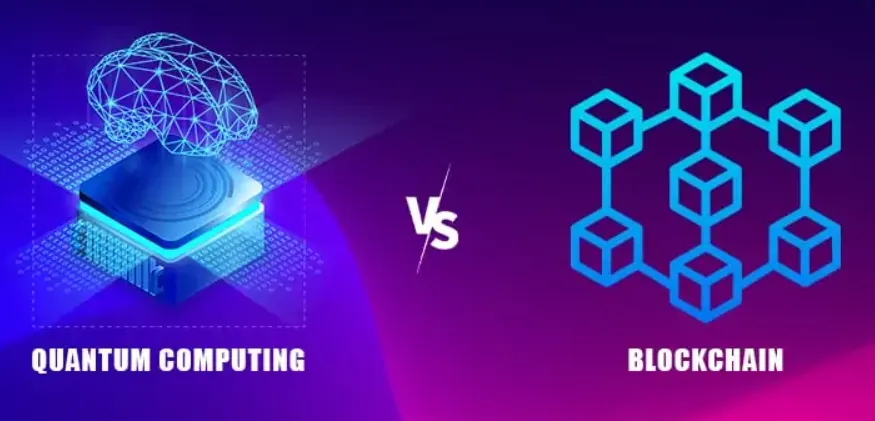
Quantum computing might sound like something out of a sci-fi movie, but it's becoming very real, very fast. To understand why quantum computing matters for blockchain, let's first talk in simple terms about how it differs from the computers we're used to.
Traditional computers - the ones we use every day use something called bits to handle information. These bits are simple, each one holding either a zero or a one. Quantum computers, however, use qubits, which can exist as zero, one, or even both at once. This might sound weird, but it allows quantum computers to process an enormous number of possibilities simultaneously, making them incredibly powerful for certain tasks.
So, what does that mean for blockchain? Most blockchains rely heavily on cryptographic security, which basically means that they use complicated mathematical problems to keep transactions safe and secure. The Bitcoin and Ethereum blockchains, for instance, rely on cryptography to ensure no one can fake or alter transactions.
Here's the catch: quantum computers are so powerful, they could potentially break through the cryptographic methods these blockchains use today. There's an algorithm called Shor's algorithm, specifically designed for quantum computers, that could theoretically crack encryption systems like RSA - a common cryptographic method used on the internet and in many blockchain networks. If quantum computers become powerful enough, someone could theoretically use them to find a private key from a public one, allowing them to fake transactions or steal cryptocurrency.
This is a serious risk, and blockchain projects know it. That's why many are already looking into new kinds of cryptography, known as "post-quantum cryptography," to resist these threats. These new cryptographic methods are built to withstand quantum computing attacks by using mathematical problems even quantum computers struggle to solve.
For example, the U.S. National Institute of Standards and Technology (NIST) is working hard to establish quantum-resistant cryptography standards. Some blockchain projects are already experimenting with these quantum-safe methods to future-proof their systems. Platforms are testing out hybrid approaches combining traditional and quantum-safe cryptography.
Right now, major blockchains like Bitcoin and Ethereum aren't yet quantum-safe, but they're actively monitoring developments and preparing upgrades. Projects like Algorand and Cardano are already planning how to incorporate quantum resistance into their future updates, ensuring users stay protected.
Quantum computing is undeniably exciting - it could revolutionize fields like medicine, logistics, and artificial intelligence but it also poses real challenges for current blockchain systems.
What are your thoughts on quantum computing's impact on blockchain? Do you think the industry is moving quickly enough?